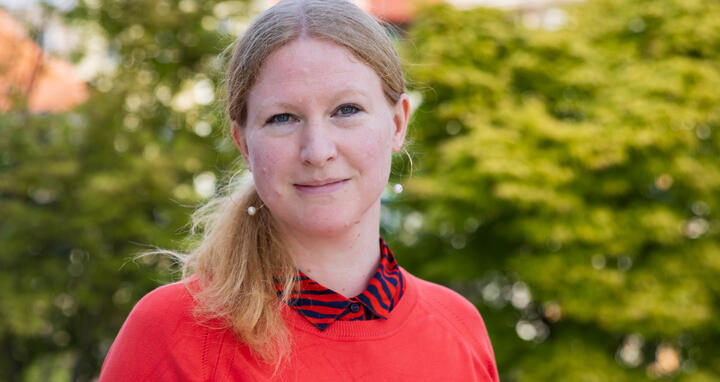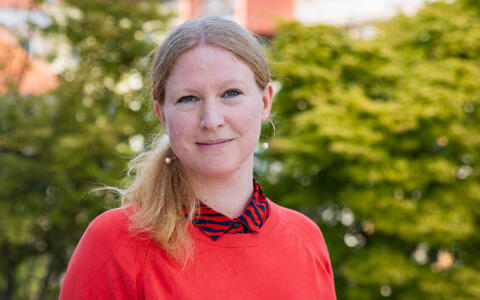Fostering cooperation
Anne Ziemke has long been committed to promoting outstanding science. For ten years, the trained anthropologist developed new strategic initiatives for Berlin's Humboldt University (HU), most recently in a leadership role, where she helped oversee the Excellence Strategy funded by Germany’s federal and state governments. Launched in 2018, this funding program aims to strengthen top-level research at German universities and thus enhance Germany’s position as a hub for science.
Accelerating change
Beginning in May, Ziemke plans to apply her knowledge and experience from HU to her new role leading the staff unit Strategic Programs, Resources, and Implementation at the Max Delbrück Center. She is looking forward to her new responsibilities. “Universities take time to change – they are like large tankers that cannot alter course quickly. I now hope to work at a much faster pace to help drive excellent science at the Max Delbrück Center forward.”
One of her team’s primary tasks will be to successfully implement and further develop our Strategy 2030, which was published last year. It is important to not only define our institution through competition with other research centers, she says, but rather through seeking and unlocking synergies through cooperation – internationally, and also with local alliances like BR50, a network of Berlin's non-university research institutions. “Especially here in Berlin, we can more greatly tap into the potential of strategic collaboration,” says Ziemke. To accomplish this, she can draw on her experience at HU where in 2019, she co-initiated the formation of the Berlin University Alliance.
Engaging with the public
Important future development areas include the transfer of research into practical applications and in societal engagement, Ziemke says. She plans to work closely with the Innovation & Entrepreneurship and Communications departments. Public mistrust towards science has grown – especially since the COVID-19 pandemic, she notes. Some groups have even become hostile and the free study of science is increasingly coming under pressure. “Our task as a renowned research institute is to clearly articulate our role and the benefits to society. This can only be achieved through dialogue,” she says.
Ziemke is particularly excited to join the international community at the Max Delbrück Center and at having the opportunity to collaborate with colleagues from around the globe. To ensure that Berlin continues to attract the brightest minds in the world, she says: “I am a science manager by conviction and I truly want to help create the best possible working conditions for all researchers here.” To keep up with the pace of change, it is not enough to
be excellent today, she adds. “We must always think ahead and plan the next steps in our development and keep our strategies flexible. That must be our mandate.”
Text: Anke Brodmerkel






